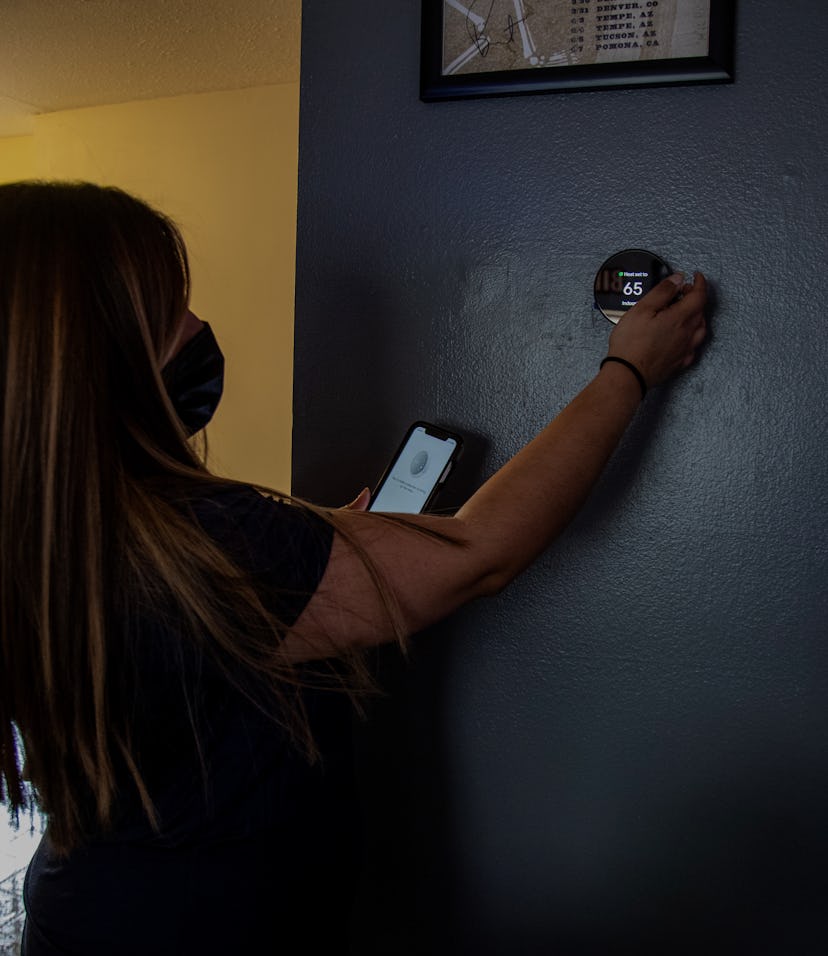Tech
Google reverses decision to cut off third-party Nest access
It only took a year and a half for the company to realize its profit-driven decision was alienating consumers.

Google is once again allowing third-party companies to integrate their applications and products with its line of Nest thermostats, nearly a year and a half after the tech giant first locked down its API. And Brilliant, a smart home connectivity company, is one of the first in line to take advantage of the reversal.
Towards the end of 2019 — a lifetime ago in internet time — Google made a controversial decision for its Nest brand: it cut third-party developers off from utilizing the Nest API to connect the smart thermostats to other smart devices. This siloed Nest and quickly sent consumers scrambling to find alternatives.
Brilliant was one of those third-party companies immediately affected by Google’s lockdown strategies. Brilliant makes its own line of smart home products, like smart dimmer switches and smart plugs. But the company’s most ingenious product is a smart home control panel that allows connectivity between different brands and types of tech.
As you might imagine, Google’s decision to cut Nest off from Brilliant’s ecosystem didn’t work out too well for consumers who used both products.
All the riches, all the alienation — Google’s decision to keep third-party companies away from the Nest API was self-serving. Google didn’t want Nest owners running out to buy Amazon’s Echo in conjunction with its products, for example — it wanted profits from every possible angle.
Cutting off Nest from the larger smart home ecosystem allowed it to do just this, but it also had the unfortunate side effect of alienating Nest. Individual consumers and companies alike began ditching Nest for alternatives that would work with their other devices.
Forced loyalty — Google seems now to have realized the error of its ways. As Brilliant points out in a press release, smart home adoption rates have skyrocketed in the last year or so, especially since the pandemic has forced people to stay in their homes more than ever.
Of course, corporations would love to keep customers on the hook to buy products from only their own lineups — but the decision is always a very transparently profit-mongering one, and consumers can easily be turned off as such. Facebook’s decision to fold products like Oculus and WhatsApp fully into the company’s branding and account backend has sent customers fleeing, for example.
This is true of the smart home industry perhaps more so than anywhere else. Smart home systems are meant to make our lives easier, and segregated APIs serve as an unnecessary roadblock to this goal. Thankfully some organizations are prioritizing connectivity: the Zigbee Alliance is getting ready to launch a shared smart home standard protocol this year.